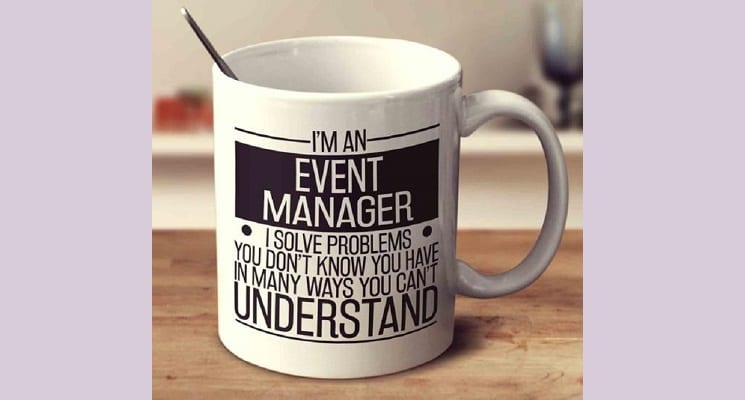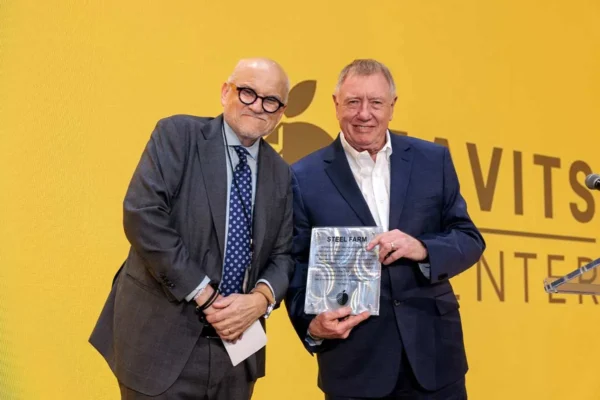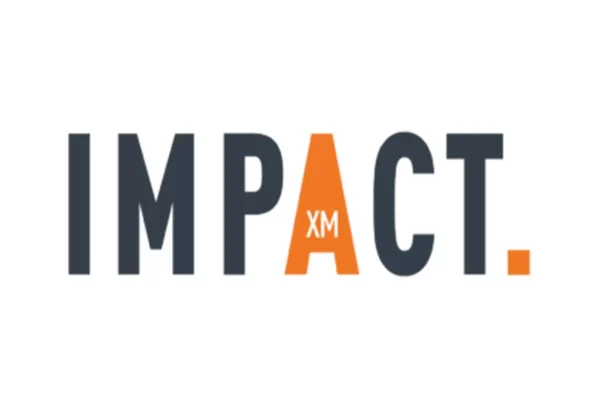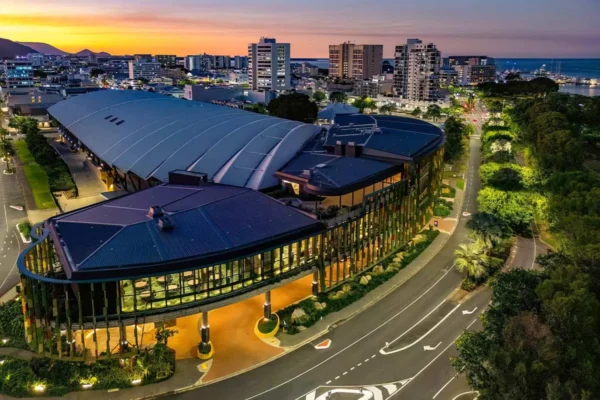Differences and Similarities Between Event Managers & Tradeshow Managers
by Michael Flavin
Event management is much broader than tradeshow management. While tradeshow management focuses on planning and execution of a specific type of event, event management involves development, creation and execution of small-scale, as well as large-scale events such as meetings, festivals, ceremonies, concerts, formal gatherings, etc. Event managers might also be in charge of tradeshows for their company.
Key Differences Based on the Nature of the Job
Event managers organize and oversee events that have a widespread impact on a large target audience. They ensure that events are cost-effective and successful while paying attention to the available budget and timelines.
They understand various promotion and marketing techniques and lead all operational aspects of an event from the front.
Key responsibilities of an event manager:
- Planning an event from inception until the end, keeping in mind the objective of the event, budget and timelines
- Suggest concepts and ideas to ensure the event’s success
- Supervise and designate work to the staff
- Finalize and negotiate with vendors and suppliers
- Ensure the event takes place without any hassles
- Assess the event’s success and prepare post-event reports
Tradeshow managers are responsible for ensuring the success of a specific event i.e., a tradeshow and managing different aspects related to it. They play a primary role in setting-up the tradeshow booth facility by leading a team responsible for the installation of necessary equipment and management of logistics. They strive to develop cordial relationships with vendors and tradeshow associations and participate in various pre-tradeshow and post-tradeshow events to report the success of the tradeshow.
Key responsibilities of a tradeshow manager are:
- Coordinate materials and planning for tradeshow exhibitions including various travel arrangements
- Select external vendors to organize the tradeshow
- Ensure the adherence to tradeshow budget
- Keep a check on branding, logo and messaging throughout the tradeshow
- Secure giveaways and promotional activities, order booths and hire booth staff
Key Differences Based on Objectives of the Job
An event manager’s job is more focused on branding and producing experiences that create a lasting impression of a brand on the audience’s mind. For event managers, branding is a like an exceptional face. The more recognizable it is, the more will be its impact and the more the audience will remember it. Event managers plan events in different types of venues and sizes of spaces which means that their installations will vary from event to event.
A tradeshow manager’s job is more focused on generating leads, building awareness about the brand, creating sales opportunities and entering a new market. Since convention centers and venues have a long list of rules and regulations inside a designated space the scope of creativity is more focused.
Key Differences Based on Measurement of Success
Measuring the success of an event or a tradeshow to determine the return on investment is one of the most challenging, yet critical aspects of an event manager or tradeshow manager’s job.
While event managers measure the results based on the operational excellence, overall participation satisfaction and brand awareness, tradeshow managers measure the success of their tradeshow based on the new leads generated, value of the leads, tradeshow booth attendance, press coverage, cost savings with client and company team meetings and recruiting activities.
The bottom-line
Tradeshow management is the subset of event management, which makes the roles of event manager and tradeshow manager similar in a way. However, the role of an event manager is more brand awareness & experiential focused compared to a tradeshow manager, whose job is generally more concentrated on activities that affect a company’s bottom line, such as lead generation, client meetings and opportunity generation.
Michael Flavin is director of sales at Gateway, where he leads a team of sales professionals who help tradeshow exhibitors and event marketers through predictive budgeting and flat rate structures, services and solutions. In this unique approach, his clients experience fewer headaches, more time for other sales and marketing activities and higher payback ratios from their events. To contact him, visit https://www.linkedin.com/in/michaelflavin or www.michaelflavin.com.
This story originally appeared in the July/August issue of Exhibit City News, p. 72. For more pictures and original layout, visit http://issuu.com/exhibitcitynews/docs/ecnflipbook_julyaugust2018_web?e=16962537/62860459
































